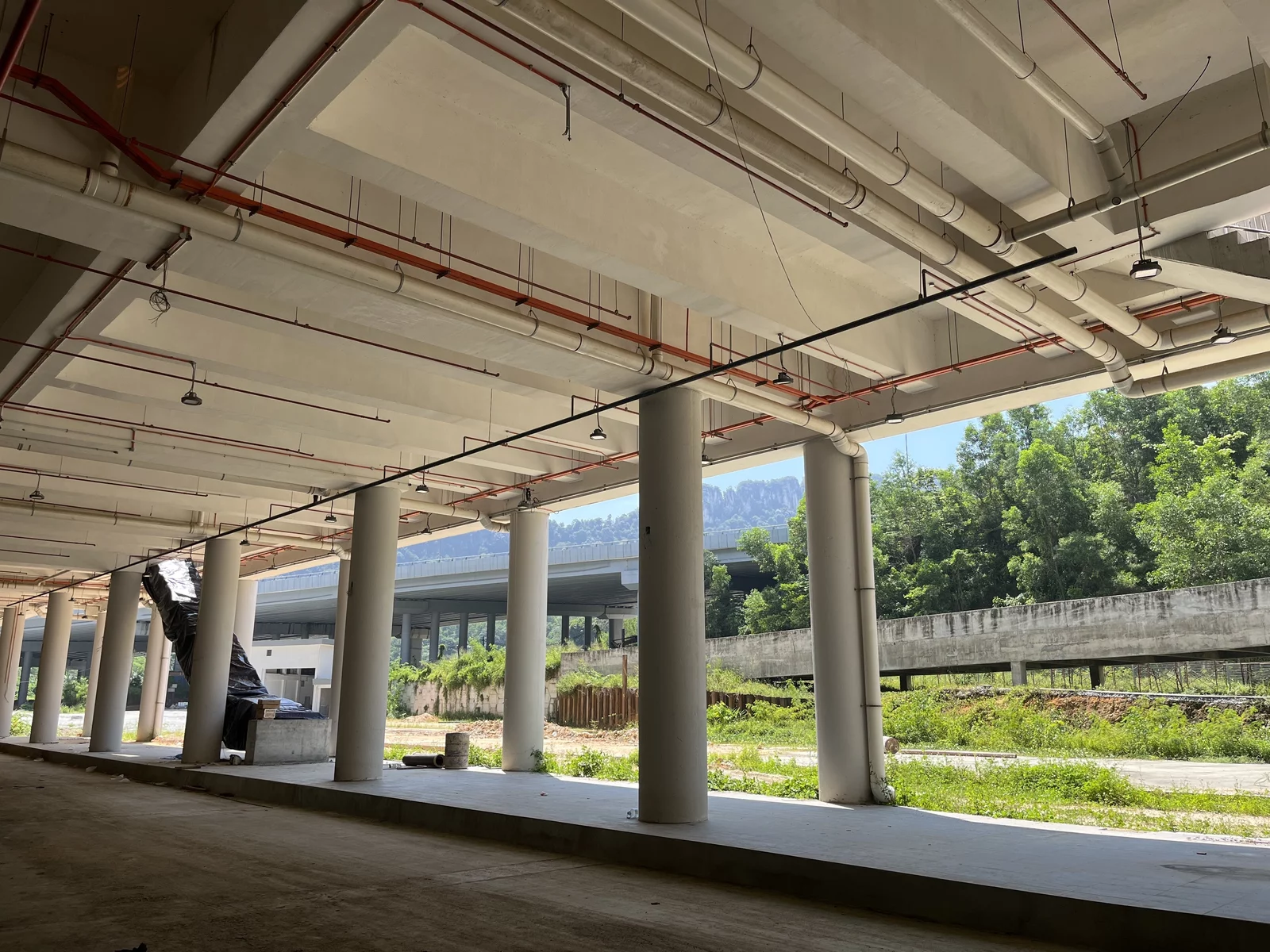The East Coast Rail Link (ECRL) is a significant infrastructure project in Malaysia, connecting the country’s east and west coasts with more than 400 miles of train tracks. The project is being constructed by China Communications Construction Co. (CCCC), a state contractor under the Belt and Road Initiative (BRI). The BRI is a vast portfolio of overseas infrastructure investments that Chinese leader Xi Jinping launched a decade ago, underpinned by Chinese state financing. However, the ECRL has faced challenges in terms of budget and deadlines, which is symbolic of the difficulties faced by the BRI.
It’s successful by comparison
The ECRL is considered a relative success story in comparison to other major infrastructure projects in Malaysia that have been bogged down in local politics and corruption allegations. The project was revived after being put on ice by the Malaysian government in 2018 amid corruption allegations but is now set to be completed in 2027. However, the twists and turns in its ongoing saga show how Beijing’s effort to build infrastructure across the globe, helping exert its influence, does not always go well on the ground.
Areas needed development
When it broke ground in 2017, Malaysia’s leaders hailed the ECRL as a critical development project, linking up the country’s underdeveloped east coast with the more industrial areas on its west coast. For Chinese companies, Belt and Road was an opportunity to take on new work abroad, outside saturated domestic industry and construction sectors. However, researchers say the projects likely happened without enough due diligence from Chinese investors.
China showed it could be flexible
In 2018, the ECRL project ran aground after Malaysia discovered some $700 million from government funds had been funneled into personal accounts controlled by then-Prime Minister Najib. Najib was ousted from power and is currently serving a 12-year prison term for corruption. Anxious to preserve good ties with Malaysia, CCCC and China’s Export Import Bank offered to renegotiate the terms of the project. In 2019, CCCC agreed to reduce the overall budget by about $4.3 billion. CCCC and Malaysia’s state railroad operator set up a joint venture with equal stakes to manage the East Coast Rail Link.
Tunneling into forest after all
The new plan for the ECRL would avoid drilling through solid bedrock in the ecologically protected Gombak Forest. However, when NPR visited a rail link station on the northern outskirts, workers from Bangladesh and Indonesia were seen blasting a more than 8-mile-long tunnel out of solid bedrock. The tunnel represents a feat of engineering at the heart of the ECRL project.


